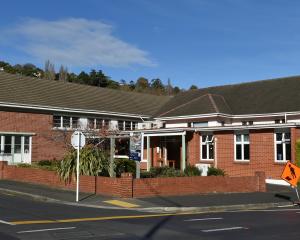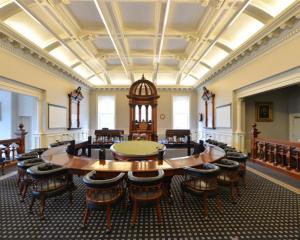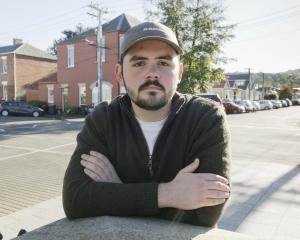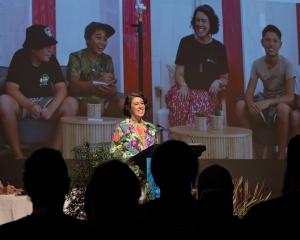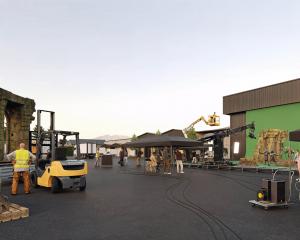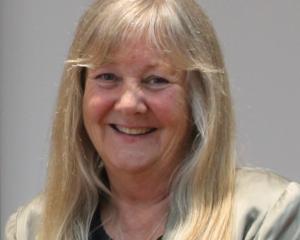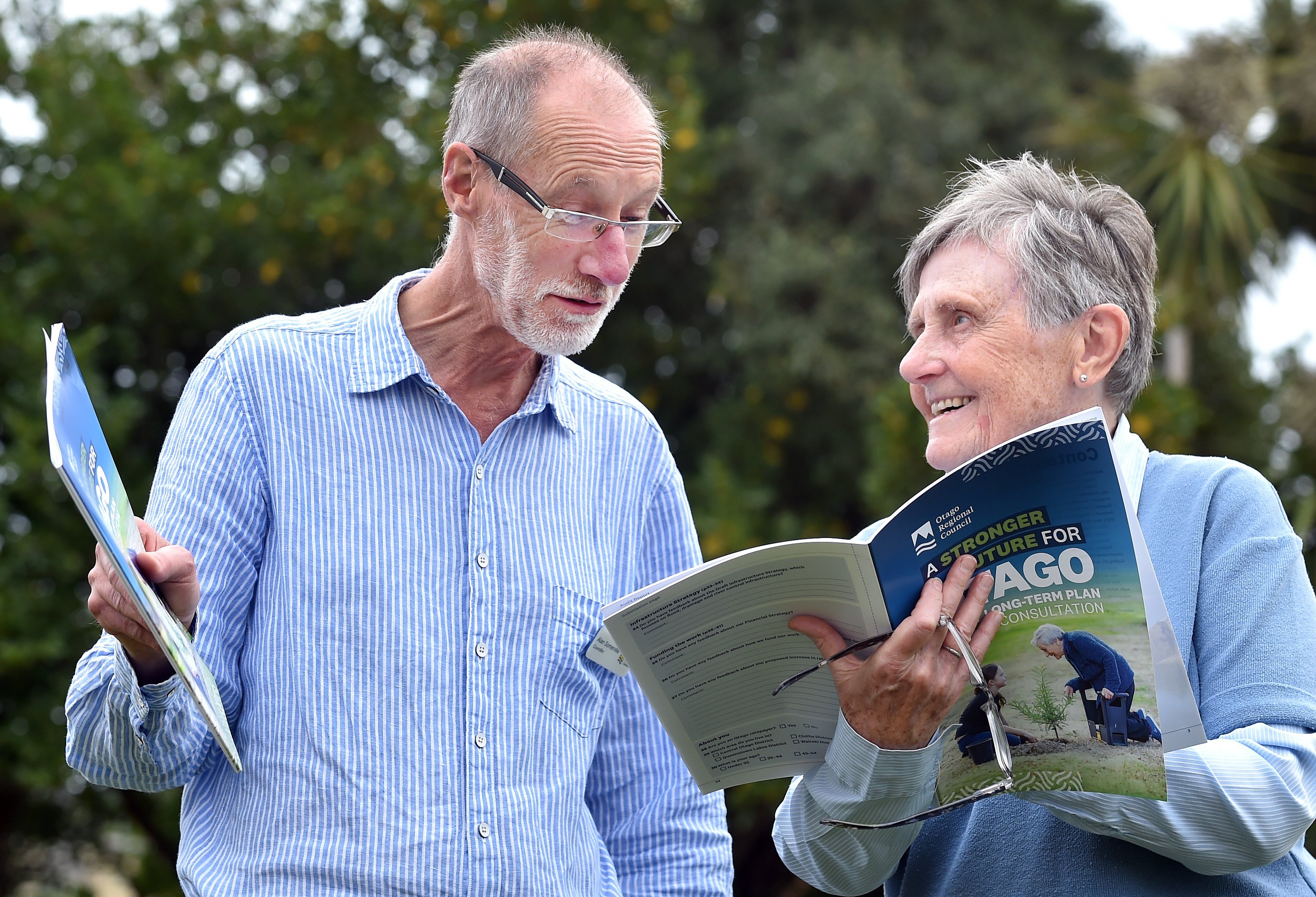
Ramona Clark, of Kenmure, took the Ridge Runner southbound bus (No 15) for the first time to get to the South Dunedin Presbyterian Church Hall, in King Edward St.
There, she was one of about two dozen people who spoke to councillors and staff yesterday afternoon about the council’s plans.
"I do feel well informed about the transport system which I use — and I think it’s brilliant," she said.
"I lived in Dunedin years ago, I thought it was pretty good then, but I think it’s even better now.
However, she held concerns about the region’s water, an issue she knew less about.
To protect it properly was "a big ask", she said.
Other members of the public at the drop-in session rated "protecting the environment" and the "value for money" the council offered while proposing another rates increase as their top issues.
The council’s proposed 10-year plan would mean an average rates rise of 18.6% next year, then 11.2% the following year and 9.4% in year three of the plan.
Cr Tim Mepham, who was among the councillors present yesterday, said he was concerned ratepayers "don’t engage in this process".
"We need the feedback.
"If ratepayers think we are not providing value for money come and talk about it."
Cr Alan Somerville said the issues the council’s consultation material focused on were "the big ones" — funding for large scale environmental projects, investment in public transport, and the rating system.
"I place a very high value on clear air and clean water, protection from floods, an environment not overrun by pest plants and animals, a good system of public transport, and safety on the harbour.
"I’m happy that’s what my rates go towards," he said.
Average rates increases often involved larger percentage increases than actual dollar increases, because the rates had started out quite low, Cr Bryan Scott said.
Nevertheless, the council had to be "humble" and aware it needed to provide value for money, while also recognising a need to grow, he said.
Cr Elliot Weir said they were most interested in proposals for public transport, including regional bus proposals, and how the council rated for it, shifting the transport targeted rate to a uniform rate, which was not based on capital value.
"This will mean poorer property owners will be paying higher rates while wealthier properties will pay relatively lower rates," Cr Weir said.
Cr Alexa Forbes said she expected a "big backlash" on public transport funding in the Upper Clutha where residents were being asked to contribute to the funding of Queenstown’s public transport infrastructure.
She would attend Queenstown, Wānaka and at least one drop-in session in Alexandra and wanted people to know "none of the plan is set in stone".
Cr Michael Laws was one of a minority of councillors who voted against the adoption of the draft plan; he said he was worried the council’s consultation "seems both incomplete and insincere".
He was stunned the council had "effectively ignored" the rates increases in its consultation material.
"It’s even worse up here — for Wanaka, Luggate and Hawea residents they are going to have huge rates rises, up to 40%+ because they are going to be levied for a bus transport system in Queenstown that they don’t use or have access to."
Council spending had been "running rampant", including the construction of a $60 million central Dunedin council headquarters — a "vanity project" — Cr Gary Kelliher said.
After the last long-term plan the council had promised ratepayers the large increases were over.
He urged residents to use the online rates estimator on the council website to see what the proposed increases were for their property.
"It’s then really important to submit on whether that’s acceptable to you or not."
Public drop-in sessions continue today in Oamaru and conclude in Wānaka next week.
An online session will follow.

